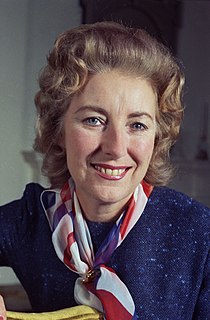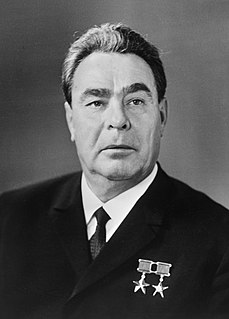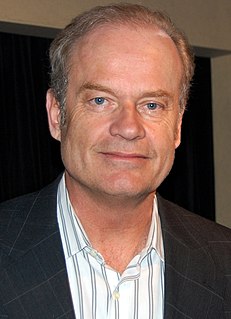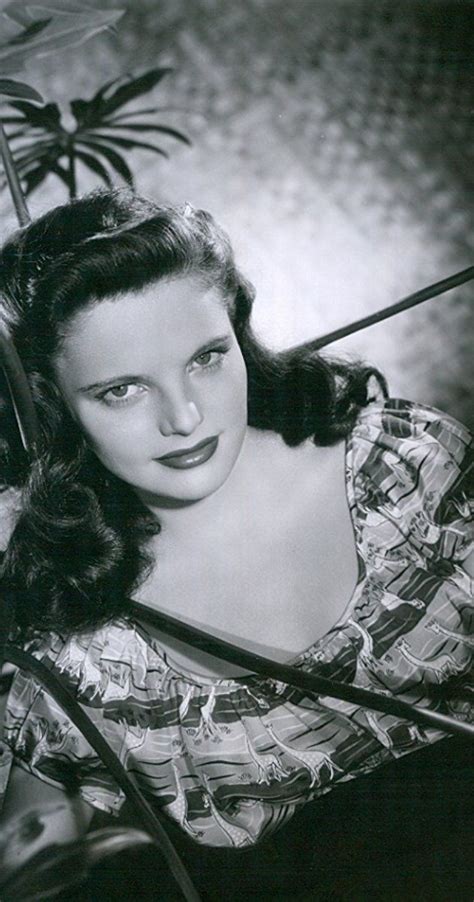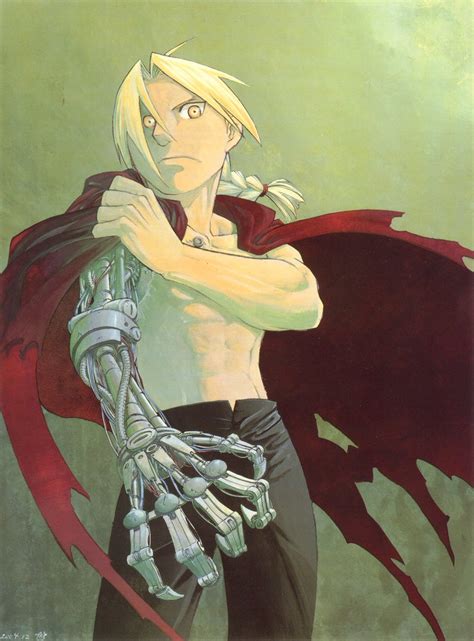A Quote by Vera Lynn
In so many ways, World War II was one of the lowest lows imaginable, yet some of my most treasured memories come from that time. Communities came together, people displayed a wonderful generosity of spirit and I saw the bravery of our boys on the front line as they fought for our freedom.
Related Quotes
It's important to remember that World War II was experienced very much as a continuity in that sense. Most of World War II in most of Europe wasn't a war; it was an occupation. The war was at the beginning and the end, except in Germany and the Soviet Union, and even there really only at the end. So the rest of time it's an occupation, which in some ways was experienced as an extension of the interwar period. World War II was simply an extreme form, in a whole new key, of the disruption of normal life that began in 1914.
We bow our heads in respect for those Soviet women who displayed exceptional courage in the severe time of war. Never before but during the days of the war the grandeur of spirit and the invincible will of our Soviet women, their selfless dedication, loyalty and affection to their Homeland, their boundless persistence in work and their heroism on the front manifested themselves with such strength.
However, there is a fundamental difference between the issue related to Japan's history and our negotiations with China. What is it all about? The Japanese issue resulted from World War II and is stipulated in the international instruments on the outcomes of World War II, while our discussions on border issues with our Chinese counterparts have nothing to do with World War II or any other military conflicts. This is the first, or rather, I should say, the second point.
Our ultimate weapon is not our guns but our beliefs ... Ours are not Western values. They are the universal values of the human spirit and anywhere, any time, ordinary people are given the chance to choose, the choice is the same. Freedom not tyranny. Democracy not dictatorship. The rule of law not the rule of the secret police. The spread of freedom is the best security for the free. It is our last line of defence and our first line of attack.
It's wonderful to work for a company that gives so much back to its communities, especially to our children. Donations are only one way we support our communities. Our team members also volunteer their time and energies to a number of different local groups, including this aquarium. We form partnerships with these organizations because we feel we can accomplish more together than if we were each working on our own.
In researching this volume, I interviewed veterans who had been at the front during World War II. I read countless books, examined film footage, and listened to many detailed and intense stories firsthand, but the one comment that affected me the most came from a former soldier who lowered his gaze to the tabletop and said, ‘I never watch war movies.
